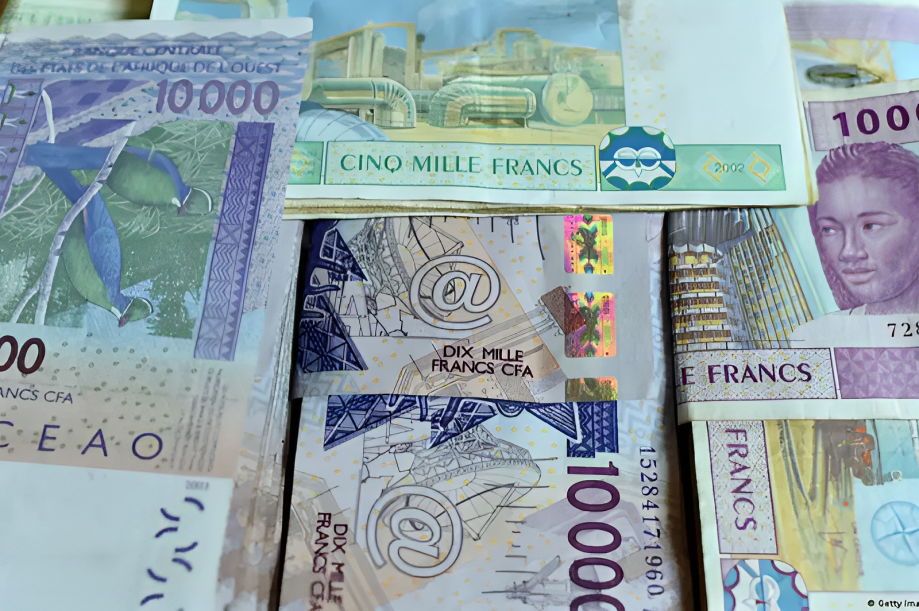In Nigeria, food, transport and commodity prices have been forced higher by a fall in naira, the local currency – which has triggered a spike in foreign exchange rates and driven up inflation.
But Nigeria is not alone. Most currencies in Sub-Saharan Africa are getting weaker against other global trading currencies like the US dollar and the pound sterling.
The concerning phenomenon is resulting in the loss of value and purchasing power of these local currencies on the continent. But why are these currencies plummeting.
Two Factors Behind The Drop
One, the huge reliance on imports, a common factor among African countries. Several countries on the continent import way more finished goods than they export.
As a result, they need foreign currencies to pay the international suppliers, eventually increasing demand for foreign exchange and reducing the reliance on local currencies.
Second, the huge gap between supply and demand for foreign currencies. Once there is a shortage, people often have to turn to the black market, which always hosts worse rates.
Keep Reading
What Are Governments Doing?
Gold-rich Ghana implemented its “gold for oil” policy last year. The idea is to reduce pressure on the weak Ghana cedi and bring in cheaper fuel in exchange for the noble metal.
Egypt has requested a barter agreement with Kenya. This involves exchanging goods for goods, while Egypt saves its foreign reserves, relying less on the US dollar.
Earlier this month, Zambia said it would increase the amount of foreign currency deposits that banks must hold, in an effort to build up the country’s foreign exchange reserves.
Continental Free Trade Agreement
The phenomenon has renewed debate about the full implementation of the AfCFTA as a way of ditching the considerable reliance on foreign currencies to trade.
Established in 2018, the AfCFTA seeks to create a single market for goods and services and boost intra-African trade and investment.
African countries must trade with each other and buy locally made goods, according to Muda Yusuf at the Centre for the Promotion of Private Enterprise in Nigeria.

